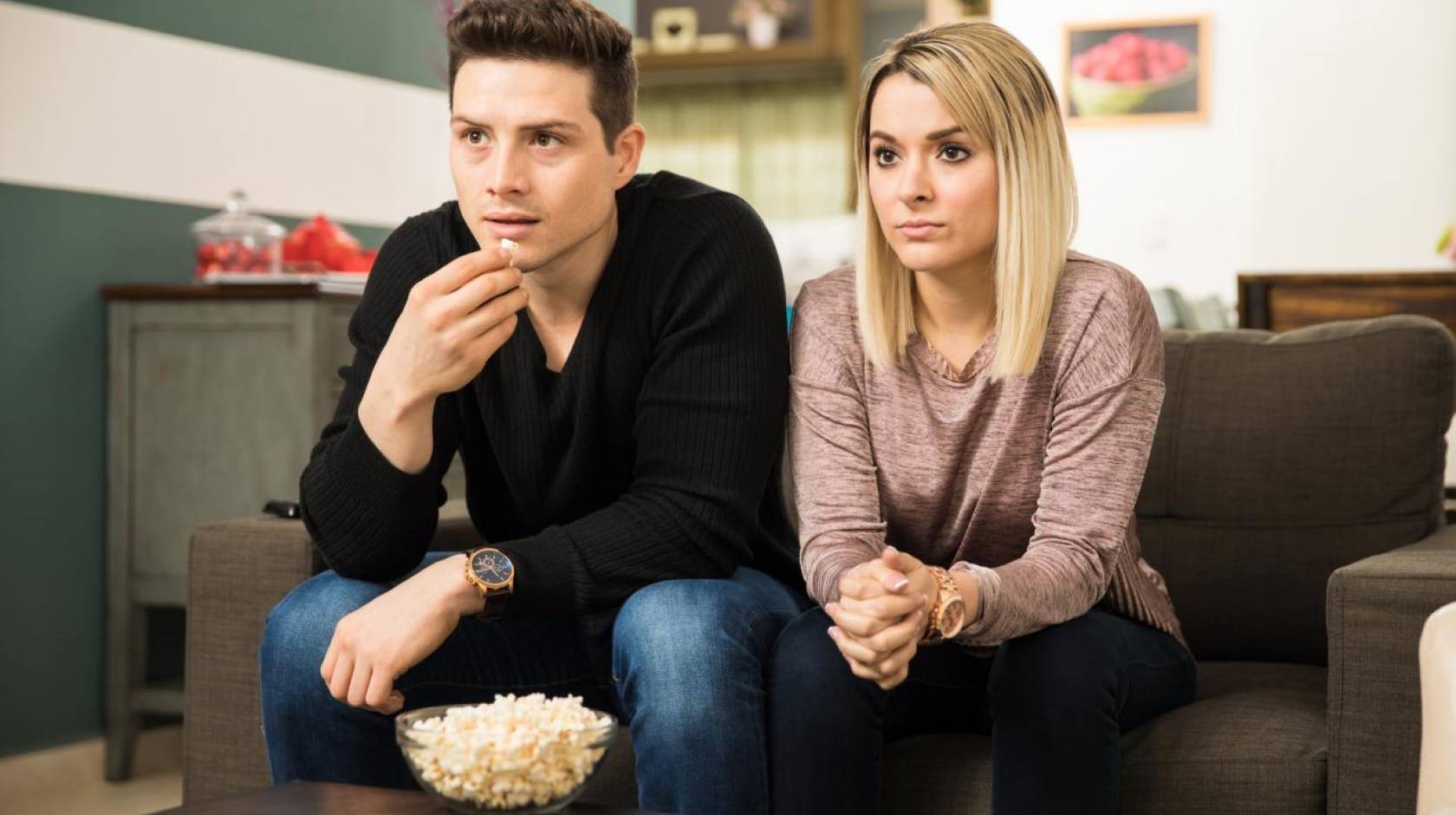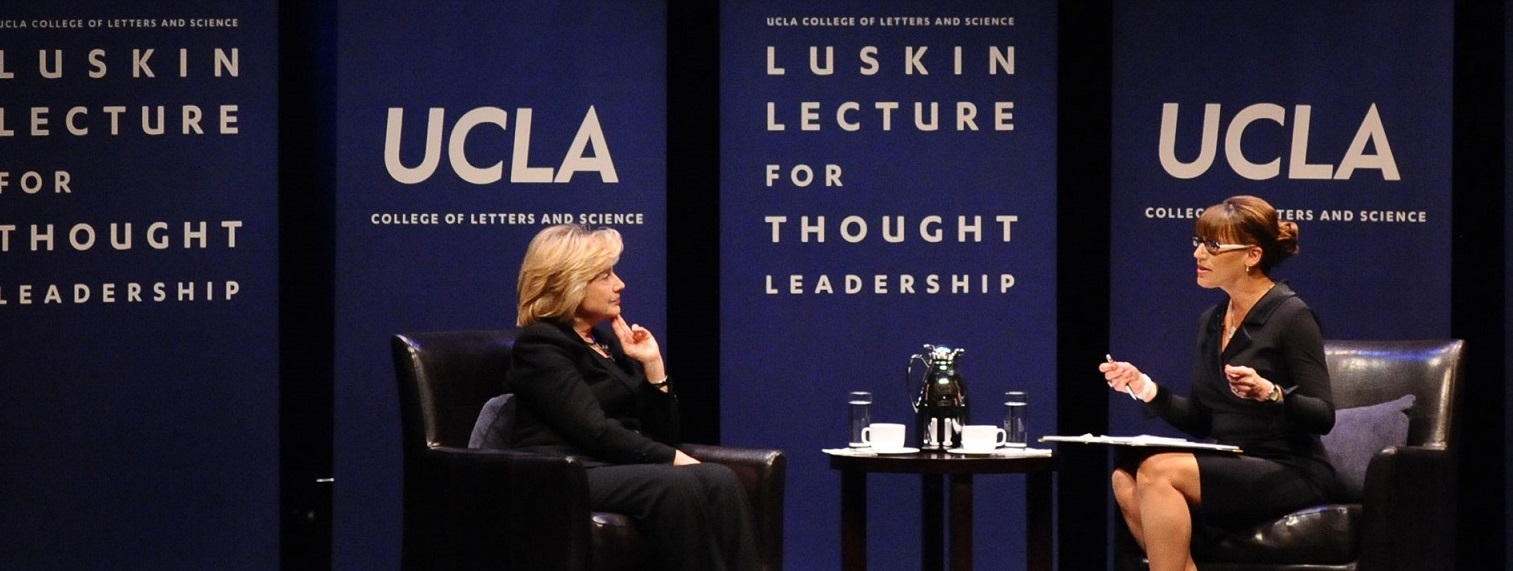
When the day is filled with news of mass shootings, police malfeasance and “me too” courtroom escapades, people turn to entertainment media, where they watch — as it turns out — more negativity, a new University of California, Davis, study suggests.
加州大学戴维斯分校的一项新研究表明,当一天中充斥着大规模枪击事件、警察渎职和“我也是”的法庭罪行的新闻时,人们会转向娱乐媒体,在那里他们看到的——事实证明——更多的是消极情绪。
Researchers have long known that people use media to manage their emotions. But why do some people watch a Disney animated flick and others a biopic about the holocaust, asked Richard Huskey, assistant professor of communication and corresponding author of the study.
研究人员早就知道,人们利用媒体来管理自己的情绪。但是,为什么有些人看迪斯尼动画电影,而另一些人看关于大屠杀的传记片,传播学助理教授、该研究的通讯作者理查德·哈斯基问道。
During a three-year period from 2020 to 2023 — which included both pandemic closures and nonpandemic months — researchers observed that most of the hundreds of people in their study had a persistent preference for negative media. This result was observed for all adults under 50 years old. It appears that adults 50 years and older tend to seek more escapist media entertainment with less negativity.
在2020年至2023年的三年期间(包括大流行关闭和非大流行月份),研究人员观察到,在他们的研究中,数百人中的大多数人对负面消极媒体有持续的偏好。这一结果适用于所有50岁以下的成年人。50岁及以上的成年人似乎倾向于寻求更多逃避现实、负面情绪较少的媒体娱乐。
The study, composed of three separate computational decision-making experiments, was published in the Journal of Communication June 12.
这项研究由三个独立的计算决策实验组成,发表在6月12日的《通讯杂志》上。
The way researchers used to think about how people use media to manage their emotions goes like this, explained Huskey, who is also principal investigator of the Cognitive Communication Science Lab and an affiliated researcher with the UC Davis Center for Mind and Brain: “The ‘reason’ someone decided to watch a sitcom rather than a crime drama last night might be because they had a bad day at work and wanted something to help improve their mood.”
赫斯基是认知交流科学实验室的首席研究员,也是加州大学戴维斯分校精神与大脑中心的附属研究员。他解释说,研究人员过去认为人们如何利用媒体来管理情绪的方式是这样的:“有人昨晚决定看情景喜剧而不是犯罪剧的‘原因’可能是因为他们在工作中度过了糟糕的一天,想要一些帮助改善情绪的东西。”
This explanation, however, has received mixed support since the 1980s, when it was first being researched. “If the explanation I described is true, why would anyone want to watch movies like Schindler’s List?” So, researchers from UC Davis and Michigan State tried to get to the bottom of the reasons for that behavior.
然而,这种解释自20世纪80年代首次被研究以来,就得到了褒贬不一的支持。“如果我描述的解释是真的,为什么会有人想看《辛德勒的名单》这样的电影呢?”因此,加州大学戴维斯分校和密歇根州立大学的研究人员试图弄清这种行为的根本原因。
They observed in studies with college students and a nationally representative adult population by age, gender and race — more than 500 people in all — that most viewers prefer negative and highly arousing media. Beyond that, putting people into a negative mood seems to amplify their preference for even more negative content.
他们在对大学生和按年龄、性别和种族划分的具有全国代表性的成年人(总共500多人)的研究中观察到,大多数观众更喜欢消极负面和高度煽动性的媒体。除此之外,让人们陷入消极情绪似乎会放大他们对更消极内容的偏好。
“Sometimes, people are in a bad mood, and use media to amplify that mood,” Huskey said. He said that finding was surprising.
赫斯基说:“有时候,人们心情不好,就会利用媒体来放大这种情绪。”他说,这一发现令人惊讶。
“It shows that people use media for emotional regulation, but in a way that is really different than we’d expect,” he said.
他说:“这表明人们利用媒体来调节情绪,但方式与我们预期的完全不同。”
This finding might surprise entertainment apps too. Not only did the researchers study people’s media preferences, but also how they decided what to watch. “That is what makes computational models so powerful,” said Xuanjun (Jason) Gong, a doctoral candidate and lead author on the study. “They provide new insights into the psychological processes that govern our decisions.”
这一发现可能也会让各娱乐App感到惊讶。研究人员不仅研究了人们的媒体偏好,还研究了他们如何决定看什么。“这就是计算模型如此强大的原因,”博士候选人、该研究的主要作者宣军(Jason) Gong说。“它们为研究支配我们决策的心理过程提供了新的见解。”
The researchers used a computational model to investigate when people make more cautious or careless choices and found that people are much more cautious when two very similar choices are offered.
研究人员使用一个计算模型来调查人们什么时候会做出更谨慎或粗心的选择,发现当提供两个非常相似的选择时,人们会更加谨慎。
Netflix, for example, places really similar choices side-by-side, such as a series of spy movies, or oodles of period costume dramas, or comedies, which can lead to indecision by the viewer, the researchers observed. But when viewers channel surf, or look at other apps that offer movies or entertaining programs, the viewer can make choices among different types of media. That can make a viewer less cautious about their choice. Under that circumstance, people are more likely to choose the negative media option, the study showed.
例如,研究人员发现,网飞公司将非常相似的选择放在一起,比如一系列间谍电影,或者大量的古装剧或喜剧,这些都可能导致观众犹豫不决。但是,当观众浏览频道或查看其他提供电影或娱乐节目的应用程序时,观众可以在不同类型的媒体中进行选择。这可以让观众在选择时不那么谨慎。研究显示,在这种情况下,人们更有可能选择消极负面的节目。
Co-authors of the study include Allison Eden and Ezgi Ulusoy from the Department of Communication at Michigan State University.
该研究的合著者包括密歇根州立大学传播系的艾莉森·伊登和埃兹吉·乌鲁索伊。




